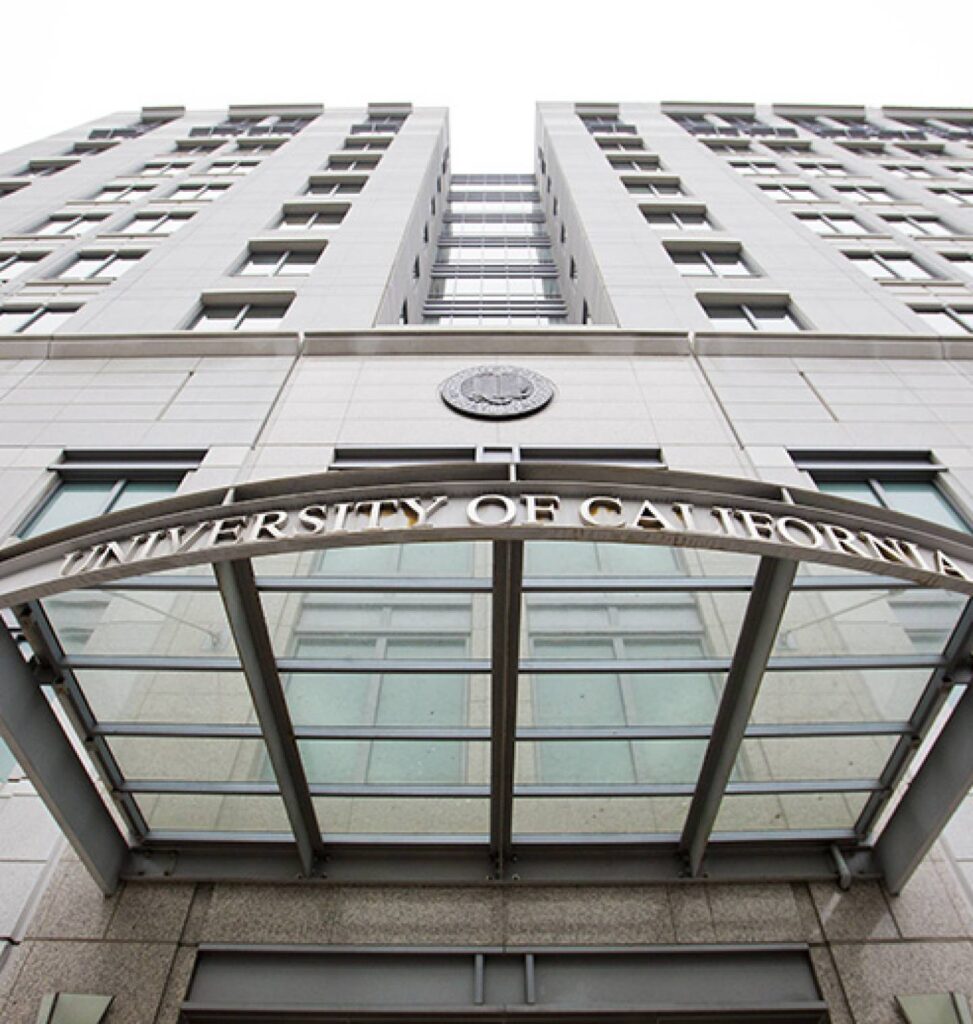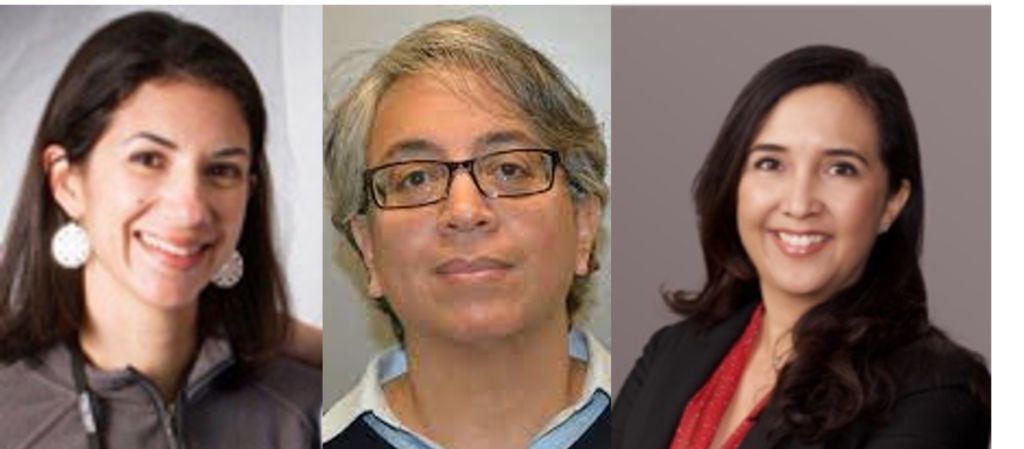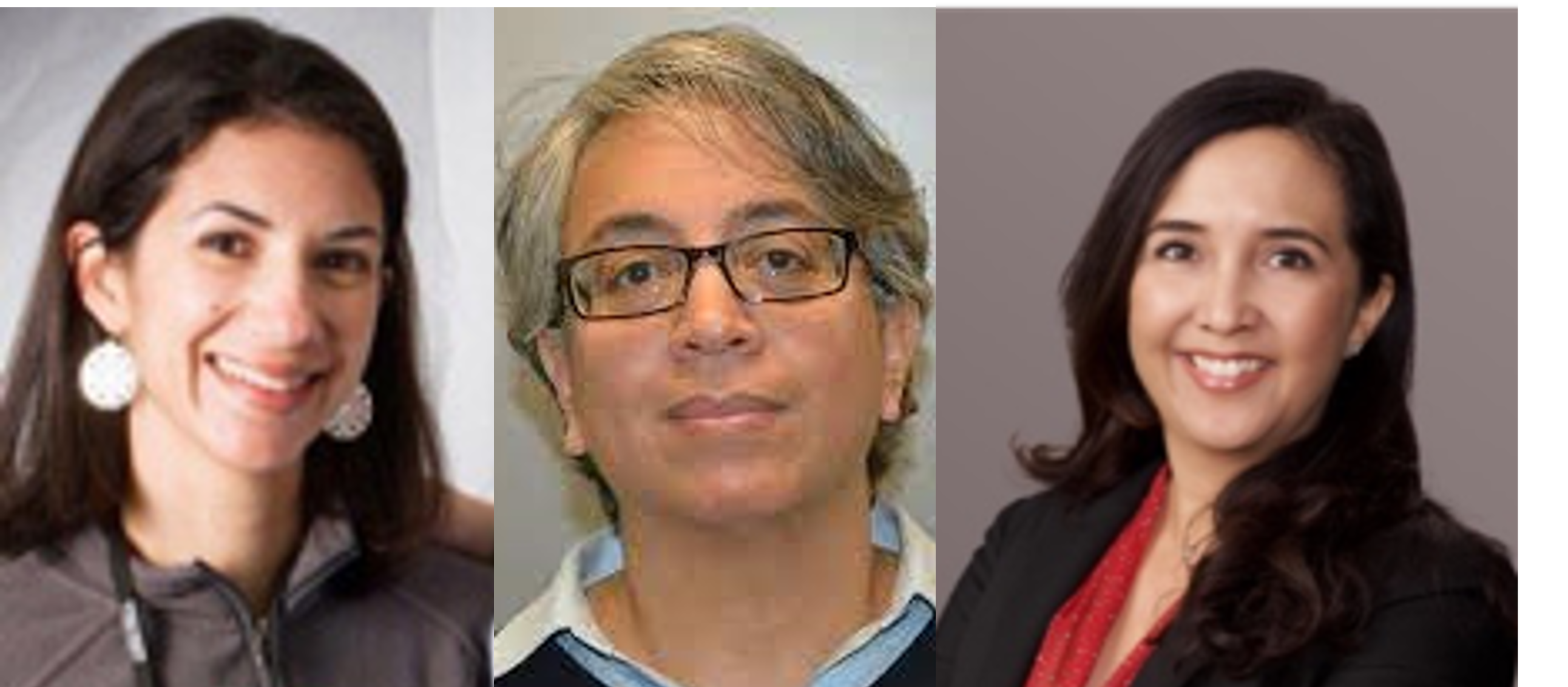This panel took place in the office of the University of California President. When we entered we all had to take covid tests before going up stairs for the panel – we all tested negative!

We met and introduced ourselves to Jessica Heredia – Project and Policy Analyst for Student Equity Diversity and Inclusion; Liz Halimah – the Associate Vice Provost of Diversity and Engagements at the UCs; and Cynthia Dàvalos – Executive Director of Student and Equity Affairs.

They gave us an overview of the process of creating the new policy that allows students to update their names in all university systems to be their lived names, as well as the introduction of 3 gender options where required on forms instead of a gender binary. This policy was prompted by the California Gender Recognition Act SB 179 (Oct 2017). The regents requested that the UC system create a policy to support trans and non binary community members in accordance to the act. This opened up an opportunity to engage the community in planning what such a policy should include and helped shape every aspect of it with the input of the impacted population. The policy itself has extensive definitions and contextual information but is in itself very short. The timeline for implementation of the policy is 3 years.
The major points that the panelists emphasized for us is that you should not wait until you have all the resources needed to fully complete what you want to policy to address, but rather create the policy with implementation in mind and put it in place. They said “You can’t wait for the funding to be in place to enact social justice, write policy and it puts the pressure on the colleges/departments to find the funding to implement it.” This project costs millions as databases and technology have to be updated and systems created across the UC systems.
They also pointed out how important it was for the UCs to implement this policy and have such a strong message in support of Trans and Non Binary staff, faculty, students, and alumni. The UC system is the 3rd largest employer in the whole state of California so their policies they enact have a big impact on state law – They’re able to use this to advocate for people and values that align with the mission of the UCs.
As a Trans Non binary person, it was very special to be able to be at this panel and to be able to ask questions and understand how to push these types of policies to exist within higher ed. This was a very valuable experience.
–Wynter Douglas, master’s student

